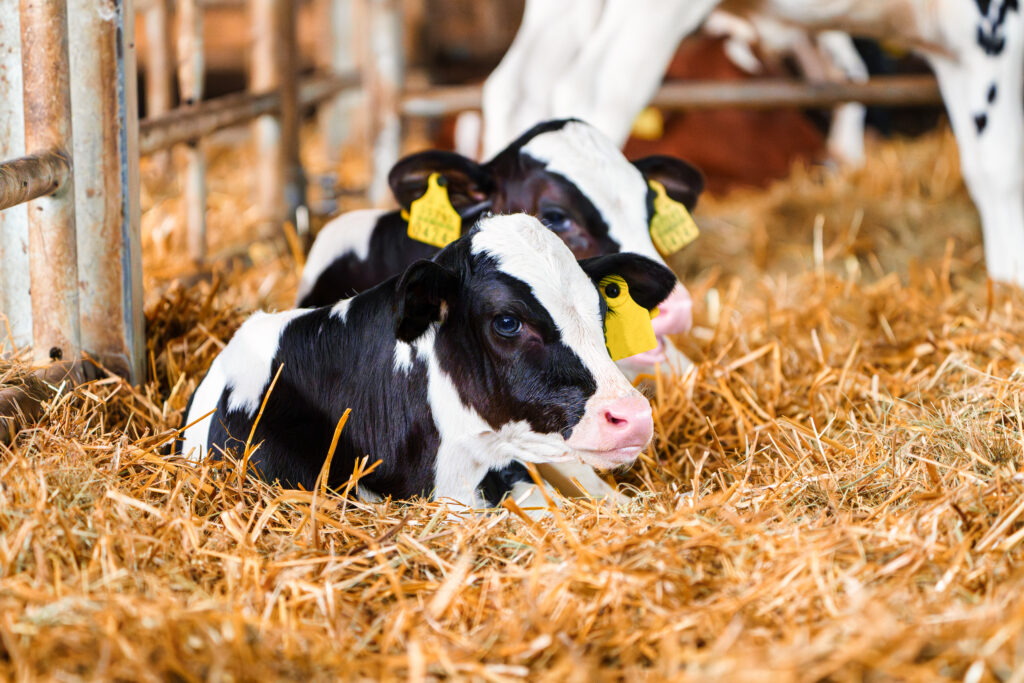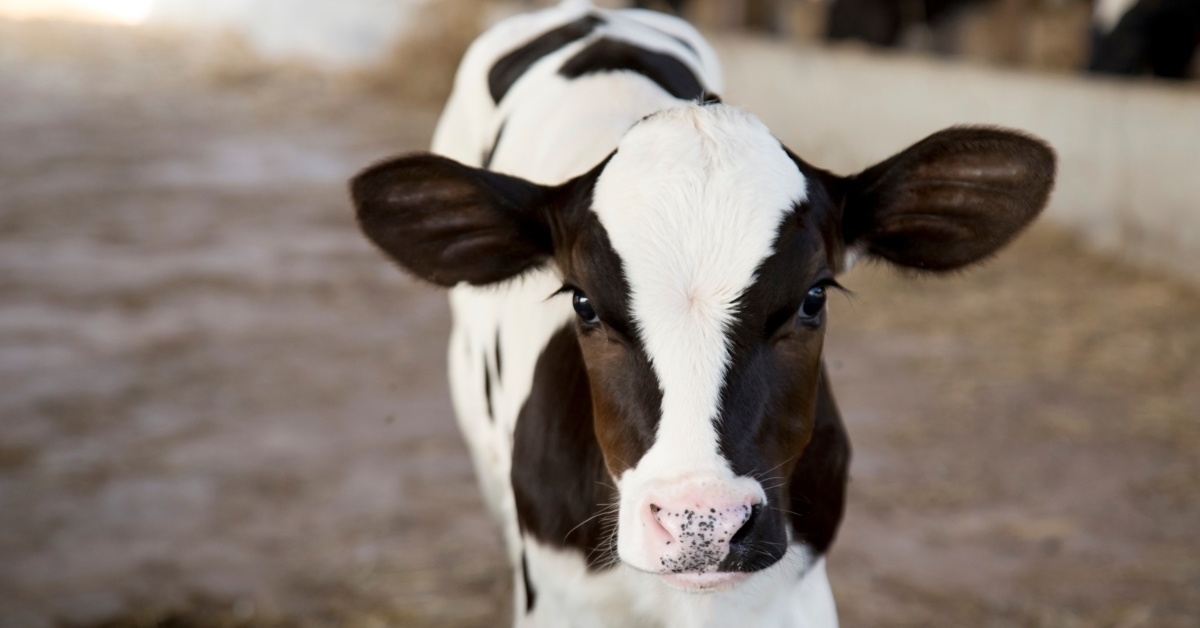Ahead of spring calving, farmers need to remember that an inadequate pre-calving diet during the dry period can have a drastic impact on calf health.
A poor diet can affect the cow’s metabolic status and body condition score (BCS), leading to poor colostrum formation, and therefore creating problems in terms of calf immunity and calf mortality.
Previous research has shown that the nutritional and metabolic status of one generation can impact the health status of the following generation through what is known as the transgenerational metabolic-disease complex.
According to Teagasc research, the uterine environment experienced by the foetus can also influence its future long-term productivity, fertility, and health.
Calf health
Formulating the ideal winter diet will be crucial, as incorrect diets can affect not only BCS and calving difficulty but also have the ability to significantly alter colostrum quantity or quality.
This is especially so if the metabolisable energy, protein and micronutrient requirements of the dairy cow are not met during the dry period, as over-feeding energy can cause a dilution effect of increasing colostrum quantity.
To give your calf the best chance of success in their development, cows need their diets carefully managed so they can ideally calve down at the optimum BCS of 3.25.
Over the next two months, cows will need to be monitored carefully, and split into feeding groups with adjusted diets to ensure they are calving down at the right BCS.
Cows that are too fat or too thin at calving may have difficult births, which can drive up the mortality rate before you ever think about calf health.

If you can get your cows to calve down at 3.25 BCS, the calves should be healthier and faster growing, while colostrum production and quality should be sufficient to boost the calves’ immunity in their early life.
On the other hand, calves that are born from nutritionally restricted dry cows have poorer immunity and subsequent health issues.
The same goes for calves who have dietary micronutrient imbalances, as the likes of iodine and calcium imbalances can result in perinatal mortality through weak calves and uterine inertia.
At the end of the day, one of the best preparation methods for the calving season is to ensure that the dry cows are being supplemented with protein, energy, fat and micronutrients, as it will result in better calf immunity, less calf ill-health and better growth rates.

